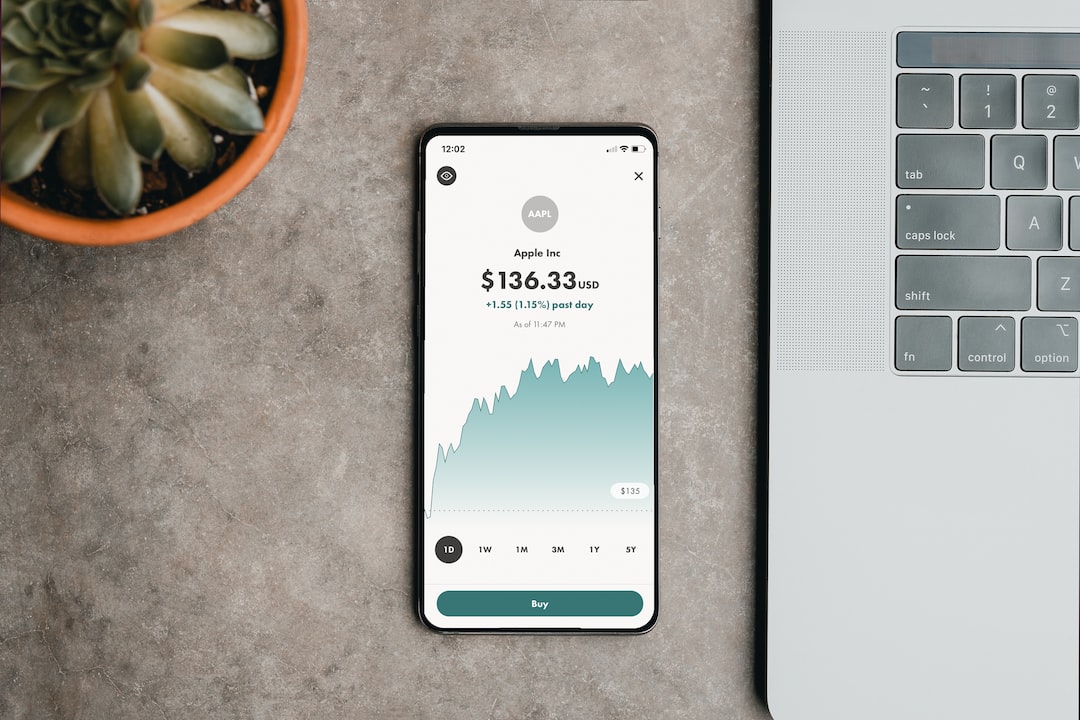Nigeria Eases Restrictions on Crypto Exchanges
The Central Bank of Nigeria (CBN) has made a significant policy shift by relaxing its strict regulations on virtual asset service providers (VASPs), including crypto exchanges. This means that these providers are now allowed to operate accounts with banks and other financial institutions.
Nigeria Embraces Regulation over Ban
In 2021, the CBN banned banks from having accounts associated with crypto businesses due to concerns about money laundering and terrorism financing. However, the global trend towards crypto regulations has led to a change in this ban.
A cryptocurrency exchange operator in Nigeria expressed optimism, seeing this as a positive sign for the country’s cryptocurrency sector. However, the CBN still maintains a cautious approach.
Trading Restrictions Are Still in Place
Banks in Nigeria are not allowed to hold, trade, or transact in virtual currencies. They can only facilitate crypto transactions under the new rules. However, virtual asset service providers (VASPs) have been given legal recognition under the Money Laundering Act of 2022.
The inclusion of VASPs in Nigeria’s Money Laundering Act highlights the need for regulatory oversight to mitigate the risks of money laundering and terrorism financing.
Hot Take: Positive Shift in Nigerian Crypto Regulation
The recent relaxation of regulations by the Central Bank of Nigeria represents a positive shift towards a more liberal regulatory framework for cryptocurrencies in the country. While trading restrictions still exist for banks, virtual asset service providers now have legal recognition and can operate accounts with financial institutions. This move aligns with global trends towards crypto regulation and signals potential growth opportunities for domestic crypto businesses. However, caution is still advised as the CBN maintains a careful approach to cryptocurrency activities.





 By
By
 By
By
 By
By

 By
By
 By
By